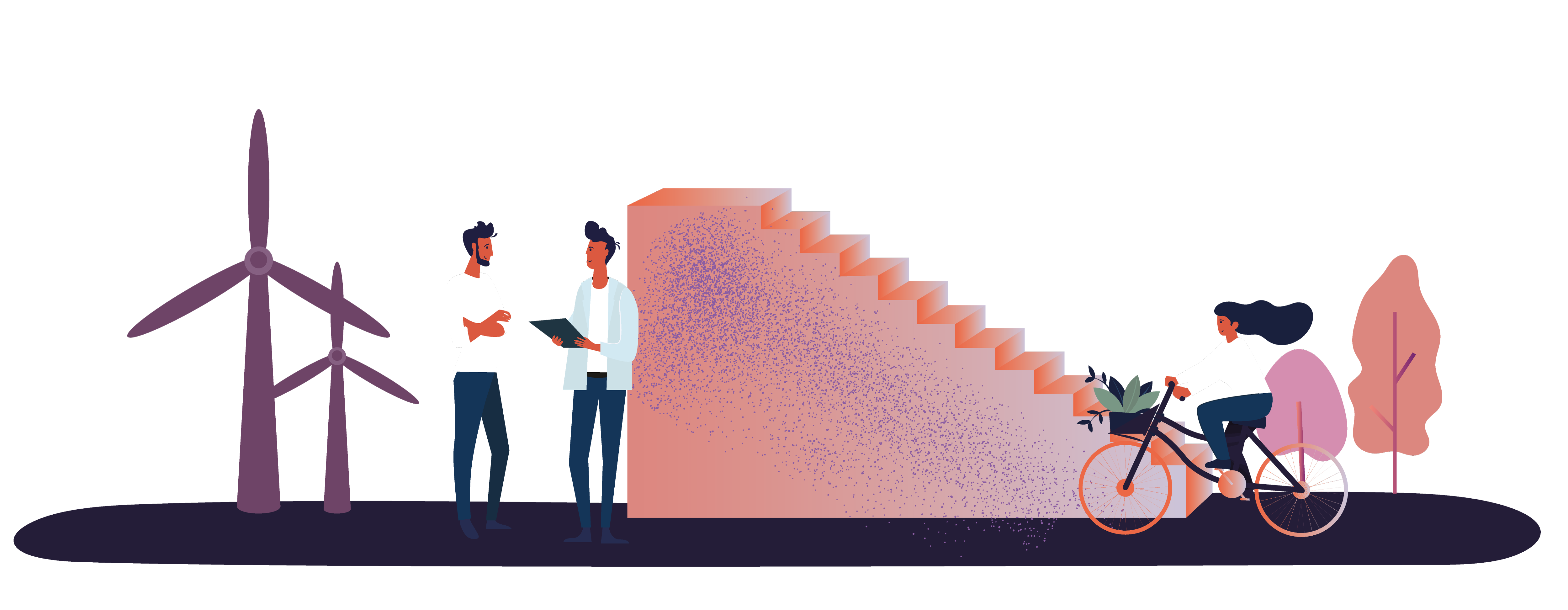Gas station: verso un futuro più connesso
Il fuel retail è un settore in continuo cambiamento soggetto a numerose visioni e sperimentazioni future e, dato il periodo di emergenza sanitaria dovuta al diffondersi del Covid-19, la sua evoluzione è sempre più determinata da nuove implicazioni ambientali, nuove tecnologie avanzate, e nuovi bisogni e comportamenti di un consumatore sempre più consapevole, evoluto ed esigente. Tutti questi aspetti contribuiscono alla crescente necessità di rinnovare servizi e spazi retail ad oggi incentrati su un modello di servizio obsoleto improntato prettamente sulla vendita di carburante e di prodotti e servizi legati all’automobile, ma che in futuro dovranno far fronte a esigenze di-versificate, personalizzate e sostenibili.
L’emergenza Covid-19, che è stata protagonista degli ultimi mesi, ha avuto un grande impatto in termini di percezione delle tematiche ambientali; l’evidente e forte legame tra il danno agli ecosistemi e la pandemia ha fatto crescere notevolmente l’urgenza di raggiungere gli obiettivi di sviluppo sostenibile individuati delle Nazione Unite nell’Agenda 2030. Oggi le persone sono più attente ai temi di salute e benessere oltre a essere consapevoli dell’importanza di mettere in atto comportamenti virtuosi per favorire lo sviluppo sostenibile in ambito sociale, economico e ambientale.
Inoltre si sta indagando, non solo il legame tra i virus, l’ecosistema e i cambiamenti climatici, ma anche la possibile correlazione tra inquinamento e diffusione del Covid-19. Alcune ricerche dimostrano che il particolato atmosferico potrebbe essere un vettore di trasporto del virus, oltre al fatto che il maggior inquinamento atmosferico aumenta il rischio di patologie respiratorie e quindi maggior presenza di soggetti più vulnerabili nei confronti del virus. L’eventuale conferma scientifica degli studi potrebbe portare a un'accelerazione, ancora più marcata, delle tendenze del consumatore in ambito di sostenibilità ambientale e benessere psicofisico.(approfondimenti: rete Italiana Ambiente e Salute)
A questo scenario si aggiunge la crisi del petrolio, dovuta al crollo della domanda e alla guerra dei prezzi.
Si immagina che, se non ci sarà una ripresa nell’ambito del settore petrolifero (che stava già subendo pressioni a causa delle norme introdotte dai governi, finalizzate alla riduzione delle emissioni) e i prezzi continueranno a calare, gli investitori tenderanno a valutare soluzioni più stabili e redditizie anche se a lungo termine.
Una conseguenza plausibile potrebbe essere la crescita accelerata di investimenti in energie rinnovabili, e da parte del consumatore, una maggiore adesione a forme di mobilità e rifornimento alternative perché meno inquinanti, con un impatto minimo sull’ambiente e sul benessere dei cittadini.
(approfondimenti: wallstreetitalia, ilsole24ore, internazionale)
[Per continuare a leggere il white paper, clicca “DOWNLOAD WHITEPAPER” e registrati]

(en)
Gas station: towards a more connected future
Fuel-retail is a sector in constant change subject to numerous future visions and experiments and, given the period of sanitary emergency triggered by the spread of Covid-19, its evolution is increasingly determined by new environmental implications, new advanced technologies, and new needs and behaviors of an increasingly aware, evolved and demanding consumer. All these aspects contribute to the growing necessity to renew retail services and spaces that today focus on an obsolete service model, based purely on the sale of fuel and car-related products and services, but which in the future will have to cope with diversified, customized and sustainable needs.
The Covid-19 emergency, which has been the protagonist of the last few months, has had a great impact in terms of perception of environmental issues; the clear and strong link between the damage to ecosystems and the pandemic has significantly increased the urgency to achieve the United Nations’ sustainable development goals identified in the Agenda 2030. Today people pay more attention to the issues of health and well-being, besides being more conscious of the importance of implementing virtuous behaviors in order to promote sustainable development in social, economic and environmental fields.
Not only the link between viruses, ecosystem and climatic changes, but also the possible correlation between pollution and the spread of Covid-19 is being investigated. Some research shows that atmospheric particulate matter could be a transport vector of the virus, in addition to the fact that greater air pollution increases the risk of respiratory pathologies and thus a greater presence of subjects more vulnerable towards the virus. The eventual scientific confirmation of the studies could lead to an even more marked acceleration in consumer trends in the area of environmental sustainability and psychophysical well-being. (further information: Italian network Environment and Health)
The oil crisis, caused by the collapse of demand and the price war, also contributes to this scenario.
It is expected that if there is no recovery in the oil sector (which was already under pressure due to the regulations introduced by governments, aimed at reducing emissions) and prices will continue to fall, investors will tend to consider solutions that are more stable and profitable, even if from a long-term perspective.
A plausible consequence could be the accelerated growth of investments in renewable energies, and a greater adhesion by the consumer to alternative forms of mobility and refueling because they are less polluting, with a minimal impact on the environment and the well-being of citizens. (further information: wallstreetitalia, ilsole24ore, internazionale)
[To continue reading the white paper, click on “DOWNLOAD WHITEPAPER” and sign up]



